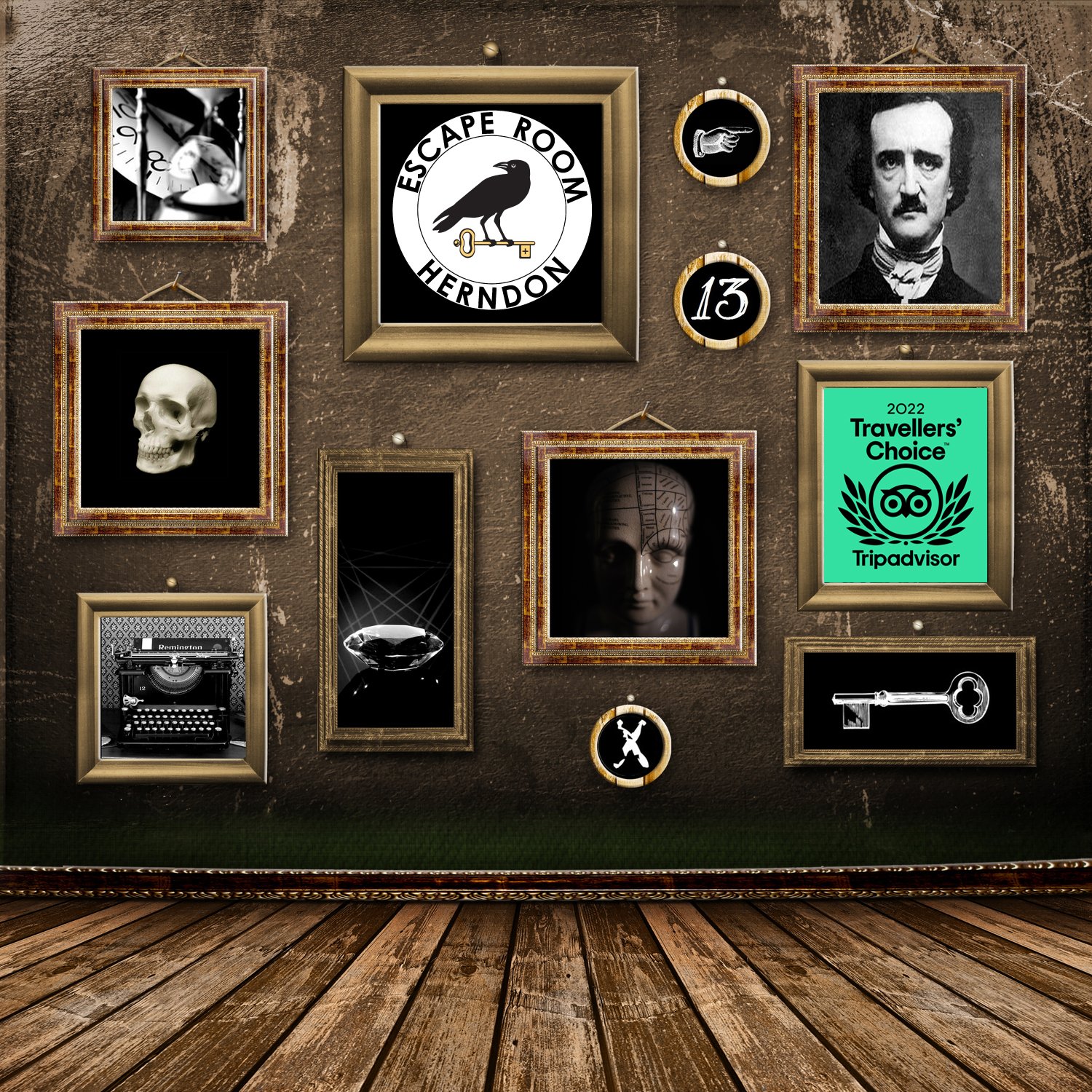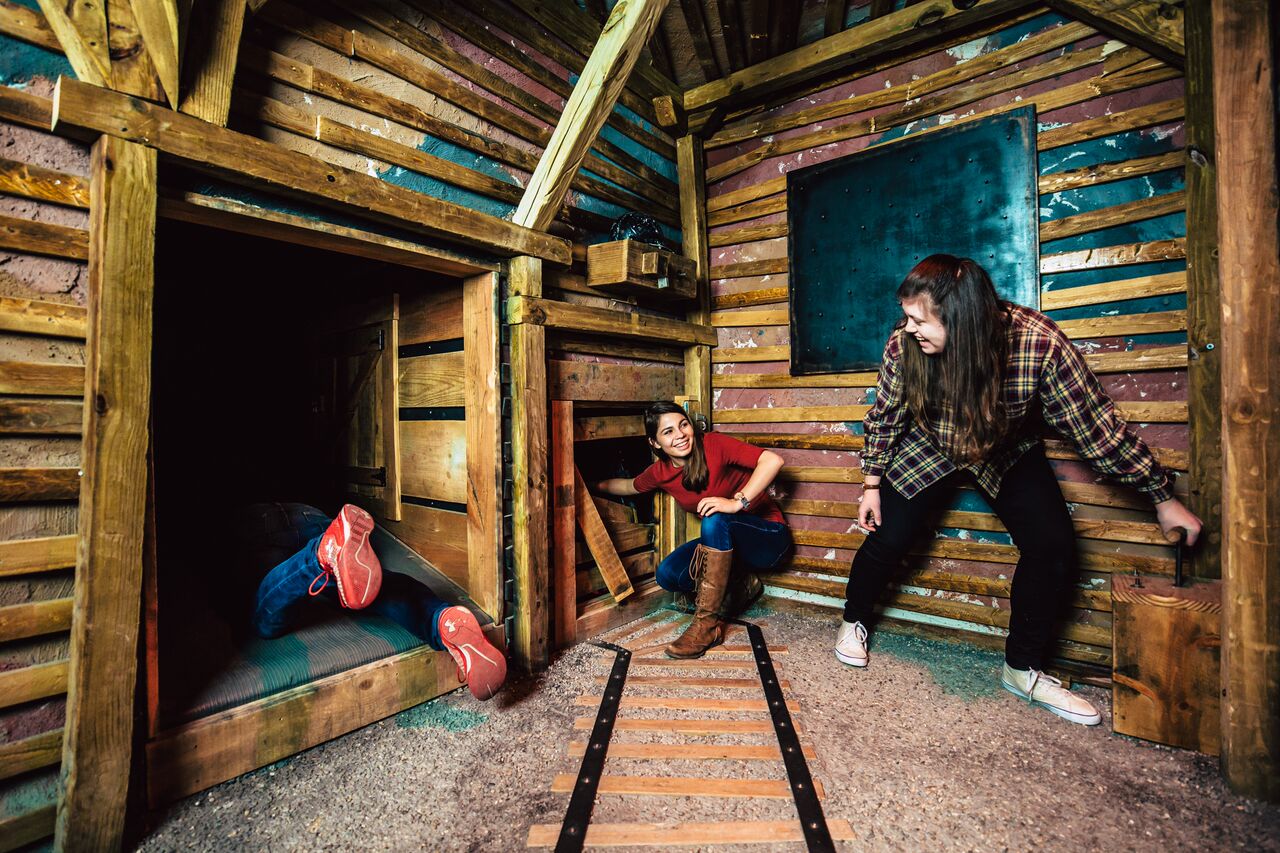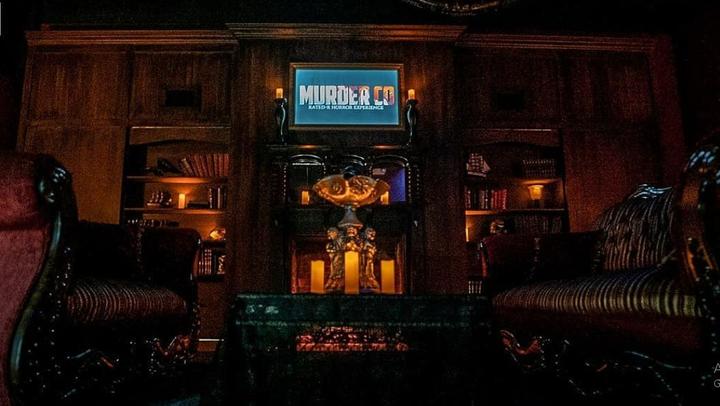Team Activities at Minneapolis Escape Room-- Perfect for Buddies and Family members
Team Activities at Minneapolis Escape Room-- Perfect for Buddies and Family members
Blog Article
Group Approaches: How to Collaborate Successfully in an Escape Space
Groups need to actively pay attention to each member's understandings, assign duties that line up with individual toughness, and preserve regular check-ins to make certain focus and protect against redundancy. By promoting an environment that values cohesion and adaptability, teams can dramatically heighten their performance and success rates.
Establish Clear Interaction

To assist in clear communication, it is vital to mark a central point of call for info circulation. This function involves summing up findings and recommended methods to guarantee every person stays on the very same page. Additionally, taking on a methodical approach to conversations can prevent disorderly exchanges. For instance, short, focused updates from each team member can maintain the team notified without overwhelming them with info.

Assign Functions Tactically
While clear communication establishes the foundation for efficient team effort, assigning duties tactically makes certain that each staff member's toughness are used successfully. In a getaway room circumstance, the time-sensitive and complicated nature of difficulties necessitates an efficient method to job delegation. By recognizing and leveraging private expertises, teams can maximize their analytical abilities and enhance total performance.
First, analyze the distinct abilities and characteristics of each individual. For example, a person with a keen eye for information may excel in finding concealed objects, while a sensible thinker could be much better fit to addressing puzzles - best escape room. It's just as essential to have a leader that can look after progress, handle the timeline, and make definitive telephone calls when necessary. This function frequently calls for solid organizational and interpersonal skills.
2nd, guarantee that functions are adaptable and versatile. As new difficulties arise, the team needs to have the ability to pivot, reapportioning jobs published here as called for. This flexibility helps preserve momentum and avoids traffic jams that might happen because of stiff role projects.
Eventually, a critical strategy to function task not just takes full advantage of the staminas of each staff member but also fosters a natural setting, driving the group towards a successful escape.
Make Use Of Diverse Abilities
Recognizing and using the diverse skills within your group can considerably elevate your efficiency in an escape room. Each staff member brings unique staminas to the table, and efficiently leveraging these capabilities can accelerate problem-solving and boost overall efficiency. For instance, a team participant with strong logical skills may succeed at understanding complicated codes or patterns, while an additional with eager empirical capabilities might promptly detect covert hints that others could forget.
Encourage team members to voice their insights and ideas promptly, guaranteeing that all prospective remedies are considered. Additionally, assigning tasks that align with each member's toughness can prevent traffic jams and guarantee that progression is continual.
In addition, variety in abilities commonly equates to diversity in thinking styles, which is vital in a retreat space setting. While some challenges may require logical reasoning and accuracy, check that others might take click here for more advantage of creative and side reasoning. By acknowledging and leveraging this variety, groups can address a more comprehensive variety of obstacles better, thereby enhancing their chances of a successful retreat.
Manage Time Successfully

Identify noticeable problems and split tasks based on group participants' strengths, ensuring that no one is idle. This technique can aid keep the team concentrated and avoid time from slipping away undetected.
Furthermore, avoid passage vision. If a problem is taking also long, turn group participants or go on to an additional difficulty, returning later with fresh perspectives. Interaction is critical-- maintain every person upgraded on solved problems and staying jobs to prevent repetitive efforts.
Lastly, use any hints or ideas sparingly yet strategically - best escape room. Recognizing when to request aid can save beneficial time. By adhering to these time monitoring concepts, groups can substantially enhance their possibilities of a successful and enjoyable escape room experience
Debrief and Show
Representation is a crucial facet of group development and enhancement in the context of escape rooms. When the obstacle is finished, whether efficiently or not, it is vital for the group to participate in a structured debriefing session. This process allows team participants to examine their performance, determine strengths, and identify locations for enhancement.
Begin the debrief by discussing what worked out. Highlight specific instances of reliable communication, analytical, and partnership. Acknowledging these favorable actions reinforces them and encourages their rep in future obstacles.
Next, address the barriers came across. Review moments of complication, miscommunication, or inefficient strategies. Encourage an open and positive dialogue where staff member can share their perspectives without concern of criticism. This promotes a culture of continuous enhancement and learning.
Verdict
In final thought, effective partnership in a retreat room is asserted upon clear communication, strategic role jobs, the effective application of varied skills, and competent time administration. By creating a natural and adaptive team atmosphere, the possibility of efficiently solving puzzles and achieving the goal of leaving the area is considerably enhanced.
Report this page